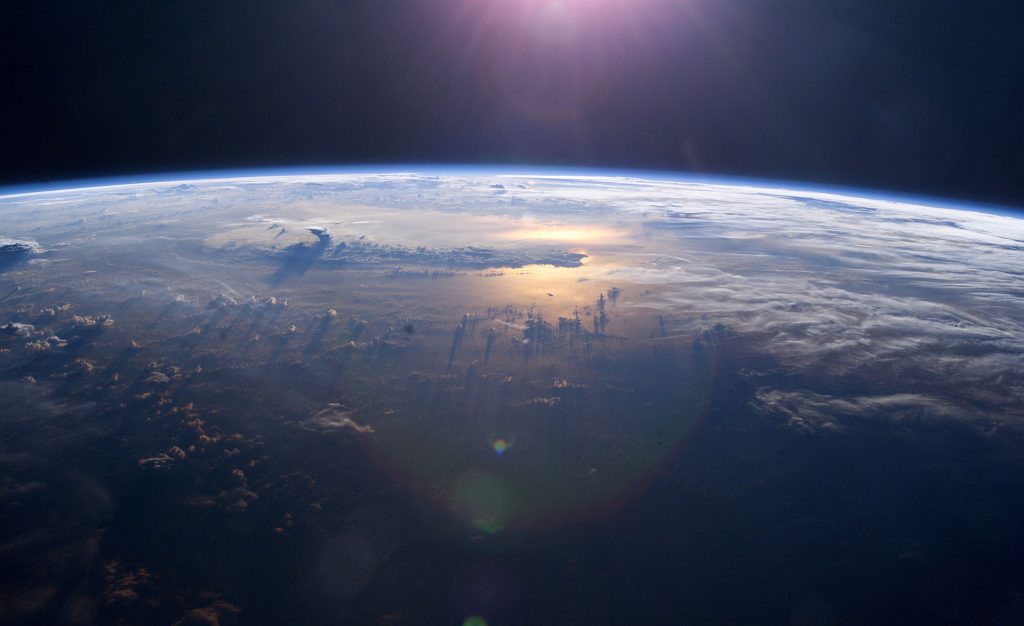
Nature is retracting a 2018 paper which found that the oceans are warming much faster than predicted by previous models of climate change.
The article, “Quantification of ocean heat uptake from changes in atmospheric O2 and CO2 composition,” appeared at last October but quickly drew the attention of an influential critic who said the analysis was flawed.
The authors agreed, and within three weeks the paper received the following update:
We would like to alert readers that the authors have informed us of errors in the paper. An implication of the errors is that the uncertainties in ocean heat content are substantially underestimated. We are working with the authors to establish the quantitative impact of the errors on the published results, at which point in time we will provide a further update.
At the time, Ralph Keeling, of the Scripps Institution of Oceanography in La Jolla, Calif., and a co-author of the article, was gracious about the error. The San Diego Tribune quoted the researcher saying:
When we were confronted with his insight it became immediately clear there was an issue there. We’re grateful to have it be pointed out quickly so that we could correct it quickly.
Now, nearly more than 10 months later, Nature is pulling the plug on the article. As the retraction notice states, the journal came to feel that the uncertainties in the analysis were too significant to let the paper stand:
Shortly after publication, arising from comments from Nicholas Lewis, we realized that our reported uncertainties were underestimated owing to our treatment of certain systematic errors as random errors. In addition, we became aware of several smaller issues in our analysis of uncertainty. Although correcting these issues did not substantially change the central estimate of ocean warming, it led to a roughly four-fold increase in uncertainties, significantly weakening implications for an upward revision of ocean warming and climate sensitivity. Because of these weaker implications, the Nature editors asked for a Retraction, which we accept. Despite the revised uncertainties, our method remains valid and provides an estimate of ocean warming that is independent of the ocean data underpinning other approaches. The revised paper, with corrected uncertainties, will be submitted to another journal. The Retraction will contain a link to the new publication, if and when it is published.
Keeling did not respond to a request for comment by deadline.
What about the 10-month lag? Lisa Boucher, the press manager for Nature Research, told us:
In general, when concerns are raised about papers we have published, whether by the original authors or by other researchers and readers, we look into them carefully, following an established process, consulting the authors and, where appropriate, seeking advice from peer reviewers and other external experts. These issues are often complex and as a result, it can take time for editors and authors to fully unravel them.
Update, 9/27/19: Please see an update on this post.
Like Retraction Watch? You can make a tax-deductible contribution to support our work, follow us on Twitter, like us on Facebook, add us to your RSS reader, sign up for an email every time there’s a new post (look for the “follow” button at the lower right part of your screen), or subscribe to our daily digest. If you find a retraction that’s not in our database, you can let us know here. For comments or feedback, email us at [email protected].
You could link the the explanation of this issue on Real Climate, from Keeling, It is here: http://www.realclimate.org/index.php/archives/2018/11/resplandy-et-al-correction-and-response/
Why?
They linked to the original critique.
It’s not like this article is blaming the authors for stonewalling and you are countering it with the link.
Because it represents a form of comment from one of the authors, which they were otherwise unable to solicit.
How is it that a person with only a BS in finances can spot a simple math error in a research paper, that was widely acclaimed, written several persons with Ph.D’s in climate science, which I presume was peer reviewed and reviewed by the editor of a prestigious magazine and made headlines in all the major newspapers, NYT etc.
This speaks volumes about the whole peer reviewed/publishing field, even says more that, than about climate science.
Harry Markopolos would be proud (readers of RW will understand).
That is because the statistical analysis abilities of most scientists these days is awful. People who work in finance are dealing with real money that mostly belongs to other people. There are very strict laws associated with this work so the people involved are very skilled with mathematical detail.
If someone involved in finance made a mistake like this and people’s money was lost there would be legal consequences. For these activist scientists they just apologise and continue to work out how to not get caught next time.
Re: BS in finance implies statistical sophistication and fear of legal responsibility
Ahem.
While maybe something to wish for, that implication would seem to be at odds with financial market behavior in 2007-2017 or so.
Interesting to think: these statistical analyses are being utilized into making public policy and therefore may have a much larger effect on “real money.”
Begs the question, if someone who should be an expert in science engages in negligent behavior that results in significant harm…should they be held legally responsible?
Easy-to-use statistics software is probably the worst thing to happen to scientific integrity in the last century, if not longer.
When an ambitious but not-highly-skilled scientist can keep fiddling with the stats until they find a curve that fits their narrative, it does no favors to accuracy.
p-hacking is the strongest part of ‘scientific’ method nowadays 🙁